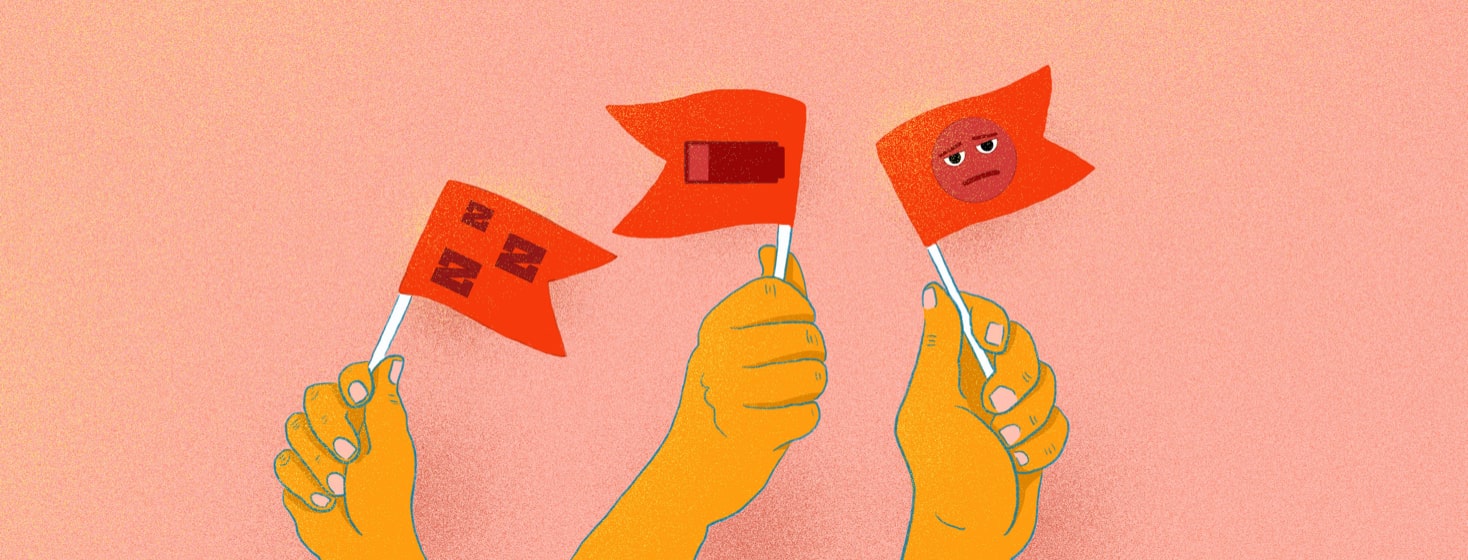Evaluating My Relationship With Sleep
My ongoing joke with people in my inner circle is that sleeping is my favorite hobby. If I could take a nap every day, I would. But as I was diagnosed with sleep apnea, and then with DSWPR (delayed sleep-wake phase disorder), I suddenly had to take an inventory of my relationship with sleep.
Evaluating my sleep relationship
I am constantly tired. No matter how much sleep I get, even with my CPAP (continuous positive airway pressure), I am always ready to take a nap. I didn’t realize how much this impacted my daily life until recently. Wasn’t everyone tired all the time? But once I started paying attention and keeping sleep journals for my doctor, I realized I had a much deeper problem.
If you have any questions or thoughts you want to share with the community while you're evaluating your relationship with sleep, feel free to post a forum by clicking the button below!
Overwhelming fatigue
Being exhausted every single day is not healthy. I realized this when friends and family began pointing out how much time I slept. I started taking this feedback and asking about their own routines. Some reported being tired after a bad night of sleep or staying up too late, but generally, they stated they could make it through a day without a nap.
When I talked to my doctor, they asked if there was any time in the day I did not feel tired. In that doctor’s office, I was forced to confront how much this issue has impacted my life. Beyond being tired, I am exhausted every day. I can barely keep my eyes open at work. When I started tracking my mood every day, I noticed I really only had 2-3 hours a day without feeling overwhelming fatigue.
Mental health
After more consideration, I realized that being tired every day has had a major effect on my mental health, more than I ever thought. Exhaustion exacerbates my anxiety, depression, ability to focus, motivation, and more.
I was using sleep as a coping mechanism, as an escape from daily problems. I am also less likely to follow my routines, such as taking medication and eating healthy. In turn, this causes me to have flares for other conditions I have, such as hidradenitis suppurativa.
Feeling embarassed
I have felt shocked and even some embarrassment when evaluating my relationship with sleep. How am I just noticing how exhausted I am every day? I felt embarrassed to not have noticed before. I had to sit down and take stock of how much this has affected not only my own health, but the relationships in my life.
Missing events and work
I have missed social gatherings because I was too tired to go. I have even missed work because it felt physically impossible to get out of bed.
Unwilling to face illness
The only answer that made sense to me was that I ignored these symptoms and the effects on my life because I was not ready to face it. Facing a new medical problem is a difficult task, especially when already facing other chronic health conditions. It can take up so much time to see a doctor, schedule tests, wait for results, and then decide on a course of action. I face medical burnout routinely, and adding another issue seemed overwhelming.
Changing my relationship with sleep
Now, I am working with my doctors to implement many changes. I have continued to use a sleep journal to track my habits, am adapting to my CPAP machine, implementing a sleep routine, and using other techniques to address my sleep-wake phase disorder. This has not resulted in a complete cure, but after a few weeks I have noticed small changes. As I continue to learn more about this I have learned more about myself as well.
What is your relationship with sleep? Please share a comment with our community.

Join the conversation